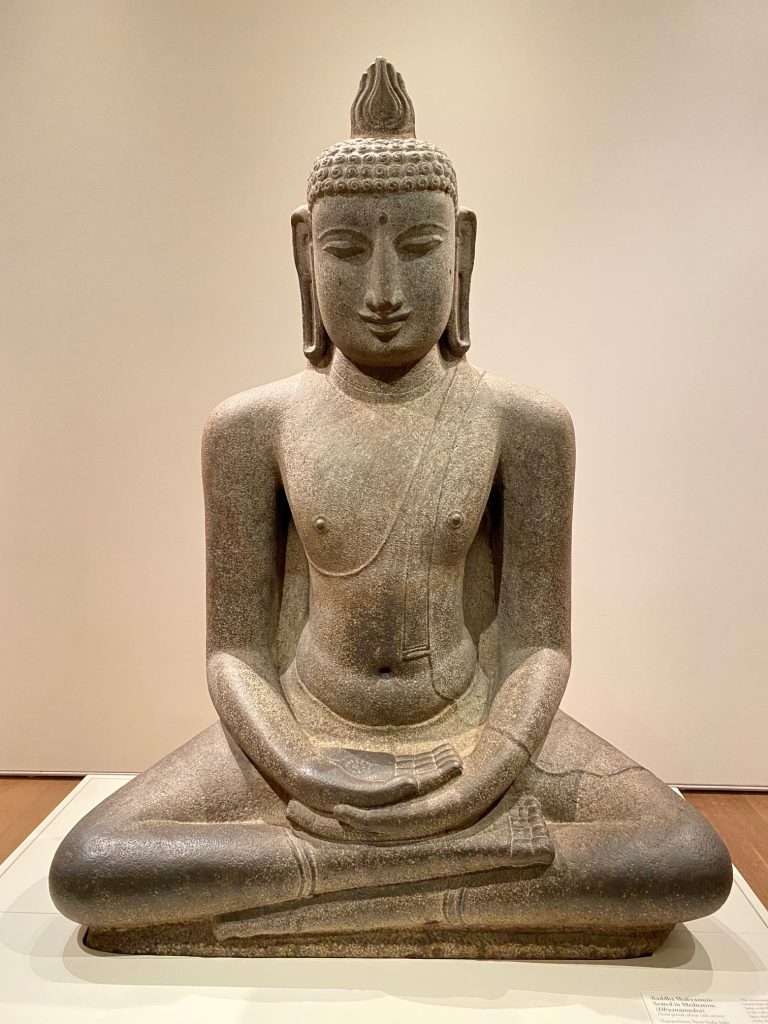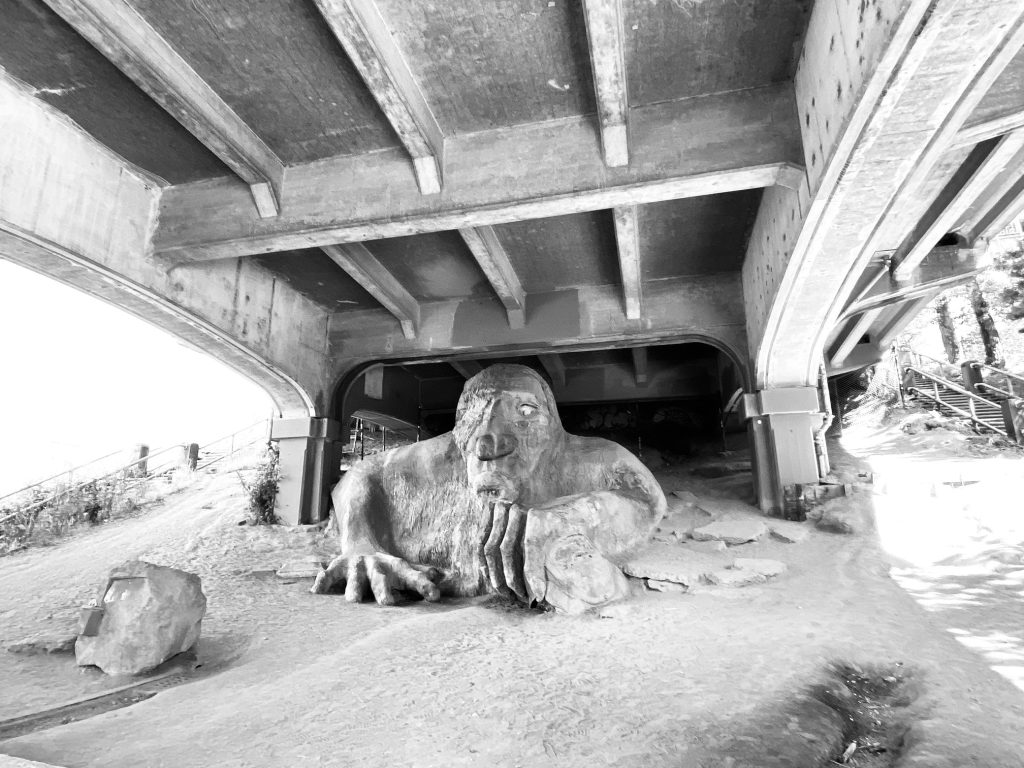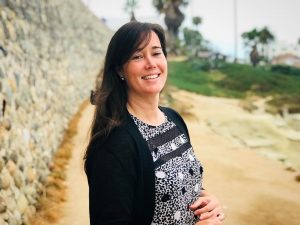In her book Radical Acceptance, Tara Brach starts off by describing what she calls “the trance of unworthiness.”
Brach writes, “Convinced that we are not good enough, we can never relax. We stay on guard, monitoring ourselves for shortcomings. When we inevitably find them, we feel even more insecure and undeserving. We have to try even harder. The irony of all of this is . . . where do we think we are going anyway?”
When we get in the habit of questioning and criticizing ourselves relentlessly, we make life a real slog. Interestingly enough, we are often totally unaware of how much we beat ourselves up with our thoughts.
The critical voice we hear in our mind is like a background tune that we’ve become accustomed to. We just continue listening to it and feeling bad and plugging away without believing we’re getting anywhere. It’s a path defined by negativity and resistance.
It’s also a horribly depressing, repressive, and exhausting way to live our lives.
Are these types of thoughts familiar to you? That was a lame thing to say; my neighbor probably thinks I’m a weirdo now. / Ughh, why am I so tired today and getting a late start again? I guess it’s just another blown day. / Yuck, I look fat in this shirt. I’d better change into something else. / Of course I’d get a flat tire now. I’m like the unluckiest person on the planet.
This unrelenting narrative we listen to day in and day out leads to a pervasive sense of unworthiness that truly is like a “trance” because we aren’t aware of it and therefore don’t snap out of it.
But the good news is that we can become aware of how we are treating ourselves and, in doing so, break the trance. This is vital on the path to personal growth and development.
I like the advice my partner lives by: Don’t say things to yourself that you wouldn’t say to another person.
In other words, would you tell someone that they look fat in their shirt or that they are a weirdo who says lame things? No, you wouldn’t!
It can be hard to silence the inner critic, but the first step is definitely noticing what it says and when and (if you can get to it) why. Awareness is the key to unlocking change.
That’s why I couldn’t resist giving the main character in my new novel, Crossed Odds, this moment of realization: “The world was not small or uninspiring, she thought, but our approach to it could be.”
Keira begins in Book One of the Crystal Dystopia Series to awaken, starting with awareness. I wanted this to occur because I believe that awareness, when it happens in subtle increments or hits us through aha moments or epiphanies, has the power to open us up to a new way of seeing, doing, and being.
Awareness is like a road map to finding confidence within and pursuing authenticity.
When we recognize the dullness we’ve come to accept as daily life or we see how cruelly we’ve been treating ourselves in our mind, then we can start to make the changes necessary to live life on new terms that inspire and excite us.






